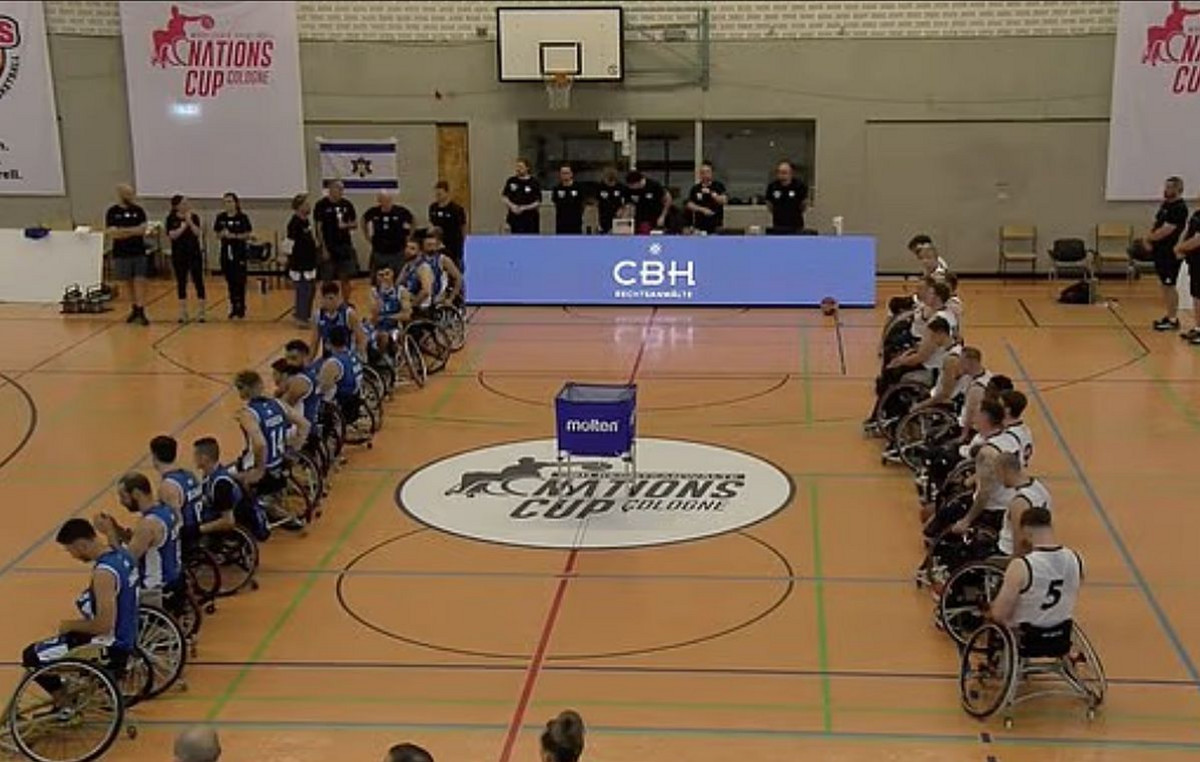“It felt like a date, only we were totally honest about wanting to have a baby soon, without the stupidity and flirtation of a first date. We were just trying to reach a common goal ». To speak, interviewed by the journalist Deborah Linton per The Guardian, is Stephan DuVal, 37, entrepreneur, looking for a woman to have a child with, but without the complications of being a couple.
In a world where biology and equal rights have diversified the ways to create a family, the platonic co-parenting– the decision to have a child with someone you are not romantically involved with and, in most cases, choose not to live with, remains a relatively new phenomenon.
While it is already a well-established concept in gay communities, it is spreading among the heterosexual singles. Abroad, – reads The Guardian – there are already several sites that offer this possibility: in recent years, tens of thousands of people have signed up for parental matchmaking at a cost of around £ 100 per year. On Coparents.co.uk, launched in Europe in 2008, two-thirds of its 120,000 members worldwide are heterosexual. Modamily, launched in Los Angeles in 2012, has 30,000 international members, 80% of whom are straight. Competitor PollenTree.com has 53,000 members. During the previous lockdown, the last two sites recorded traffic spikes of 30-50%. Nothing of the kind seems to exist in Italy yet.
The teacher Susan Golombok, director of Center for Family Research of the University of Cambridge and author of “We are family”, book that examines the well-being of children in families other than that intended as traditional, has been on the subject since the 1980s. Over the years, she has studied families created through IVF, sperm and egg donation, and surrogacy, as well as families with lesbian mothers, gay fathers and single mothers by choice.
Golombok’s team turned their attention to elective co-parenting as emerging trend in 2015. They are now following 50 families in what they believe to be the first study in the world that considers the agreement’s impact on children.
“It was a gradual awareness that it was a new phenomenon that was gaining ground – Golombok tells the Guardian – The main question we are trying to answer is: how does this relationship develop between parents, where there is no romantic relationship , and with the baby? Is the relationship termination rate higher or lower than other couples?
Early results suggest that the way parents communicate with each other and collaborate in childcare seems to make a big difference – that is, the quality of parents’ relationships with each other and their level of intimacy could have a big impact on children’s well-being. It is possible, however, that exclude romantic baggage from the parental relationship can even create a more stable environment ”.
Unlike the surrogacy, for example, which has already been “digested” by public opinion, in part thanks to celebrities like Elton John e Kim Kardashian West, Platonic co-parenting still remains poorly understood and very unknown as a reality. Perhaps because the members themselves do little publicity for their choice, for fear of being judged or discriminated against.
“These concerns may not be completely unfounded – Golombok says – But there are also some positives. People still see the traditional family as the primary model to aspire to, and every other type is measured against this. But the overall result of our research, which has been going on for over 40 years, is that it’s about well adapted families, sometimes more than traditional ones. These are strongly desired children. The biggest concern is whether these children could be stigmatized, judged or bullied because of their family.
But from our studies of new family forms that emerged from the 1970s to the present – families that were considered threatening and questionable when they first appeared – it seems likely that many of the fears about future types will turn into unwarranted.
Despite the many changes in family composition in recent decades, however, it is difficult to predict today, however, whether elective co-parenting will become a common concept. It is not a condition without difficulties and, like any other relationship, this type of relationship can also break down».
But what is platonic co-parenting really? What’s it about? We looked at coparents.com: here’s what we found.
What is platonic co-parenting?
A growing number of people choose to partner with a co-parent to create a family without being romantically involved. The two parents work as a team, sharing all the responsibilities and rights towards their child. Any important decision regarding the child must be made jointly (educational, medical, spiritual…).
Why raise a child with a platonic partner?
Today the average age of first pregnancies is much higher than it was a few decades ago. Nowadays, many women have a baby after the age of 35 or even after the age of 40. One of the reasons for postponing pregnancy is that many of them do not have a partner and / or do not feel financially secure enough to have a baby on their own. One solution to having it is to choose platonic co-parenting.
Why choose platonic co-parenting?
Having and raising a child can put a lot of pressure on a romantic relationship, and the stress can sometimes even lead to a separation or divorce. To avoid these kinds of situations, staying friends rather than being in love allows people who choose this situation to avoid many of the problems associated with a breakup. Mutual respect and support is facilitated and, consequently, the child’s well-being is more easily guaranteed.
How to find a platonic partner or co-parent?
Many co-parents find the platonic partner in their circle of friends, but those who don’t know anyone can search for a platonic partner online using a dedicated website. Once they have found their potential partner, the two parties can enter into a platonic parenting agreement in order to define the roles and responsibilities of the co-parents.
How to conceive a child with a platonic partner?
There are several ways to get pregnant when having a child with a co-parent. One is to undergo artificial insemination, otherwise natural insemination through sexual intercourse is also possible for those who want. For this choice, it is recommended to ensure that the co-parent has undergone all necessary medical screening tests (HIV, hepatitis B and C, chlamydia, gonorrhea, syphilis). Finally, in vitro fertilization (IVF) is an alternative for those who have fertility problems.
Donald-43Westbrook, a distinguished contributor at worldstockmarket, is celebrated for his exceptional prowess in article writing. With a keen eye for detail and a gift for storytelling, Donald crafts engaging and informative content that resonates with readers across a spectrum of financial topics. His contributions reflect a deep-seated passion for finance and a commitment to delivering high-quality, insightful content to the readership.







